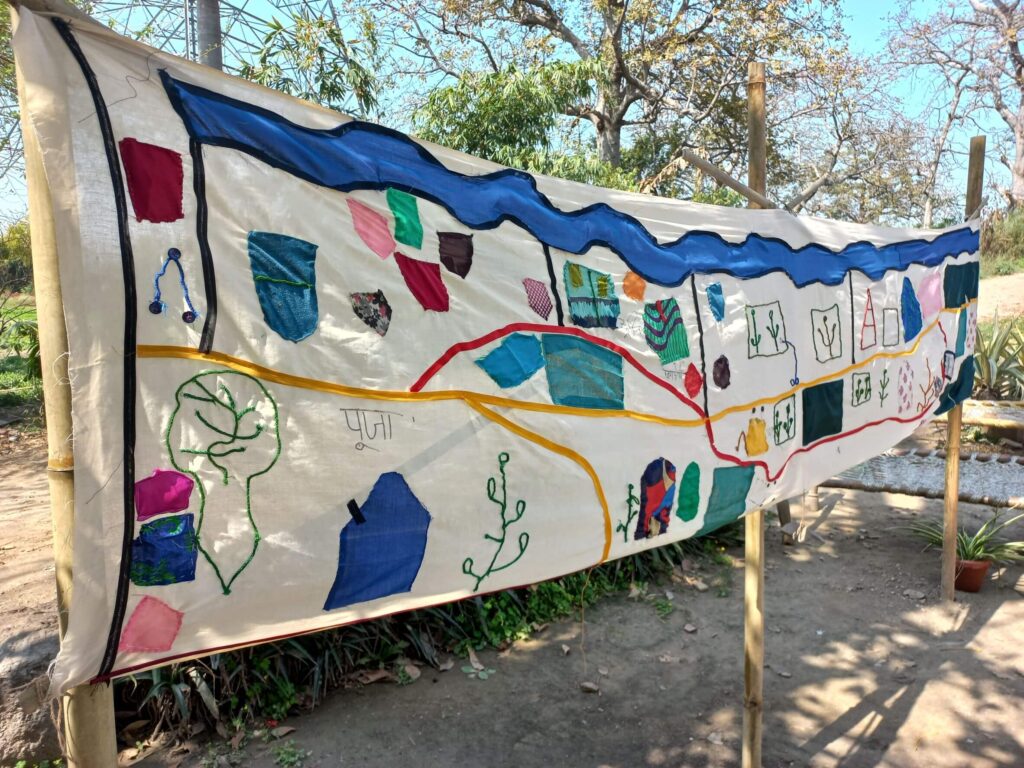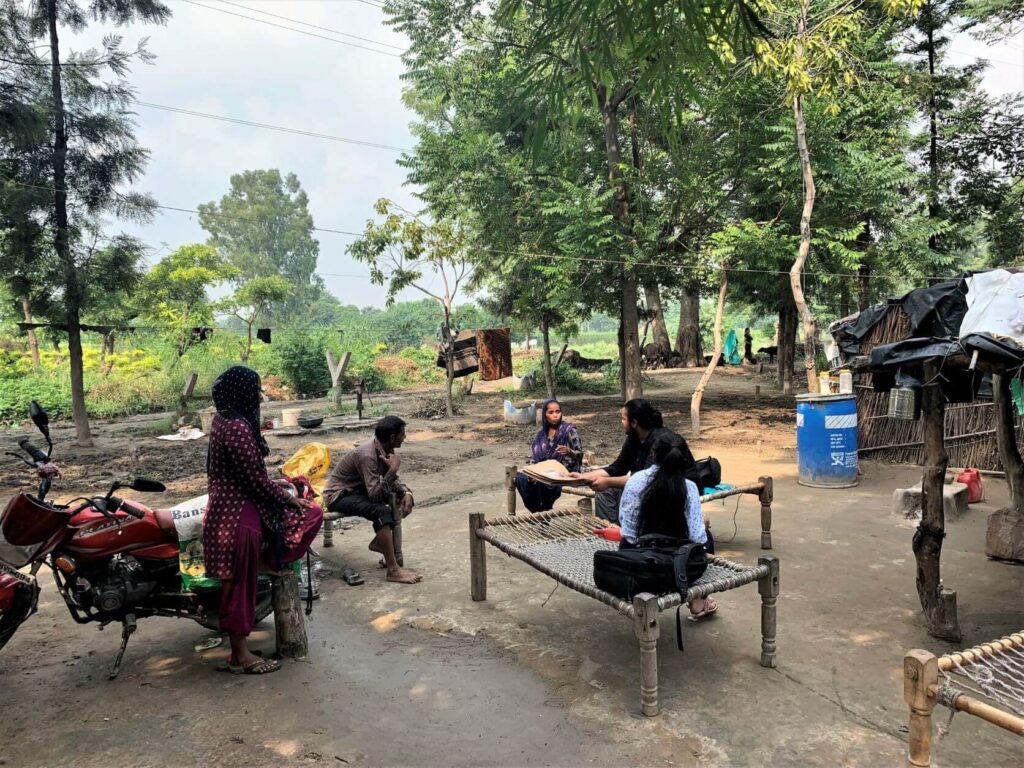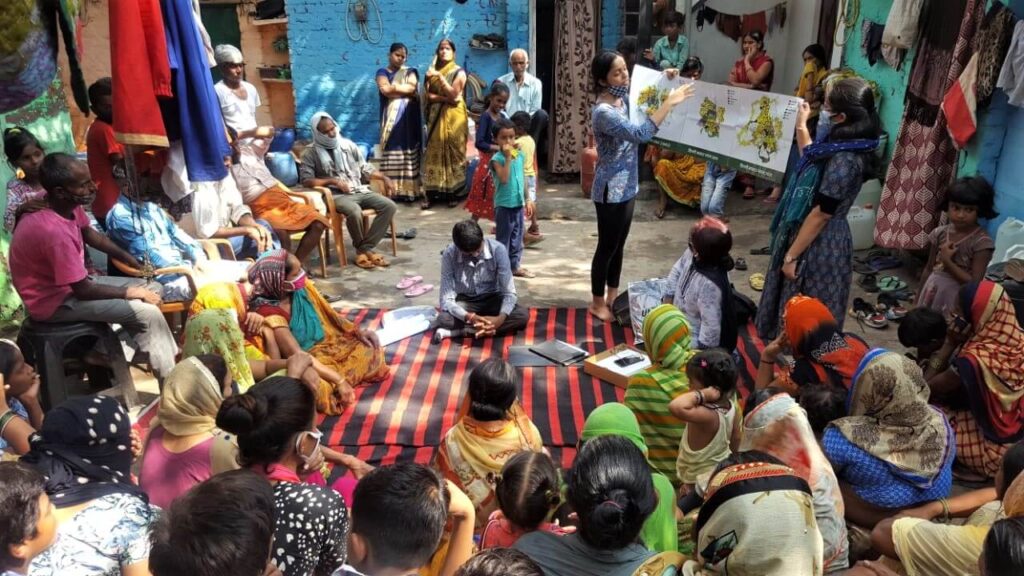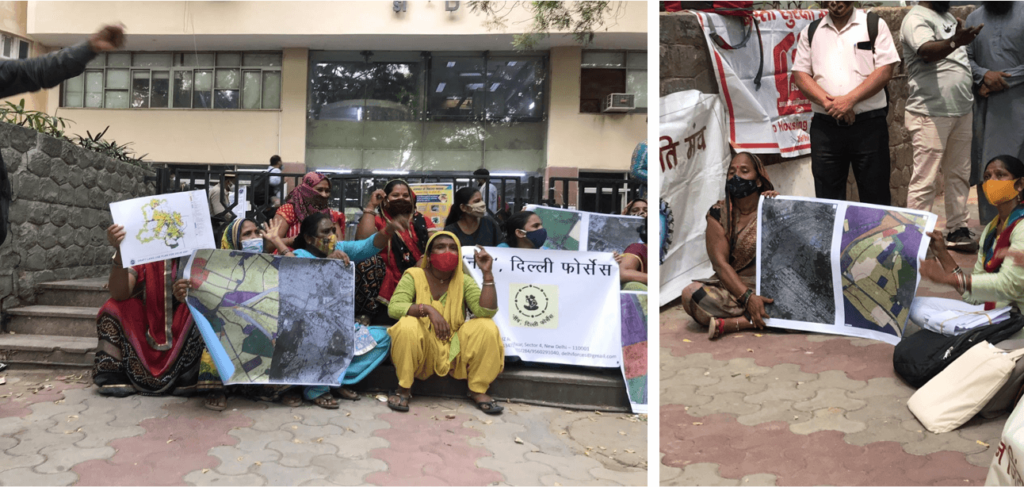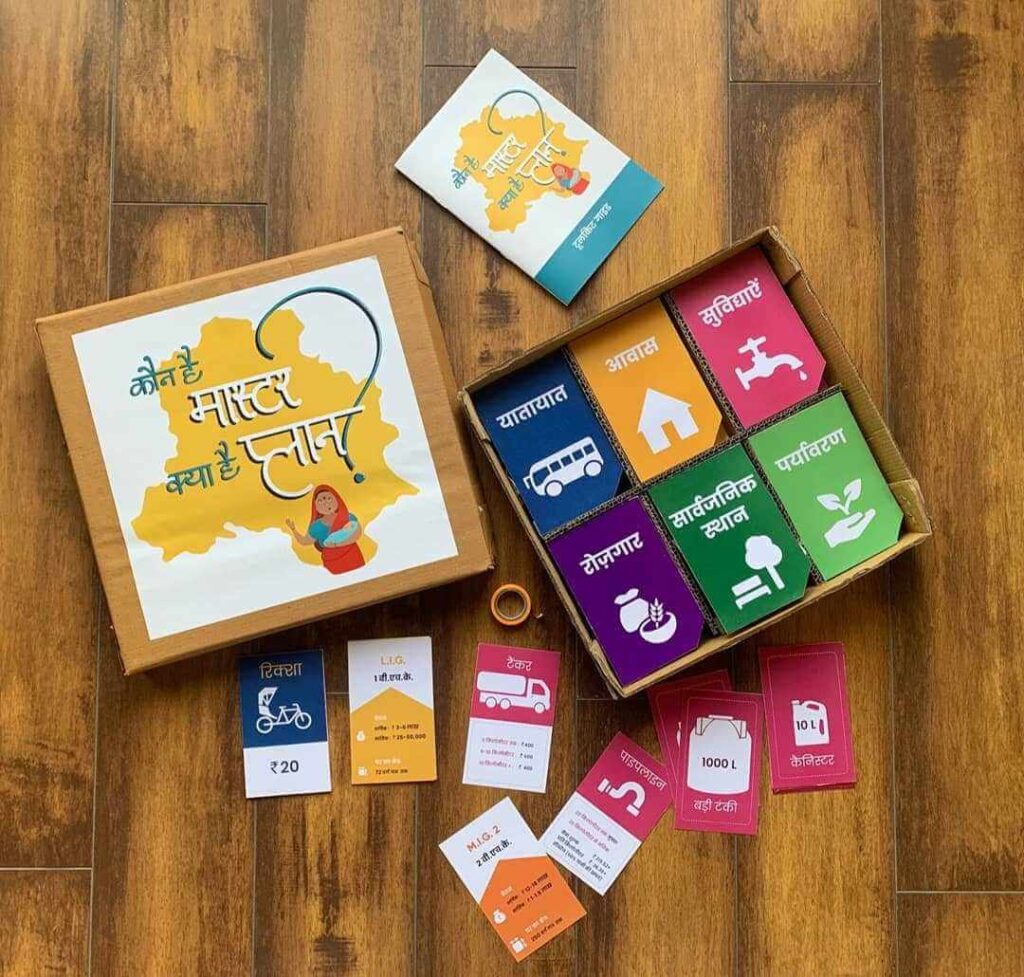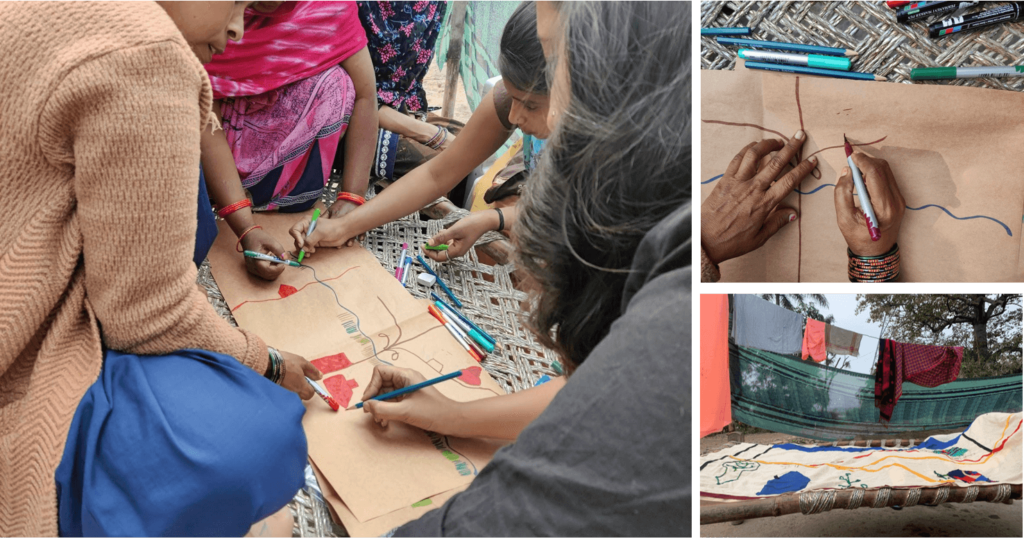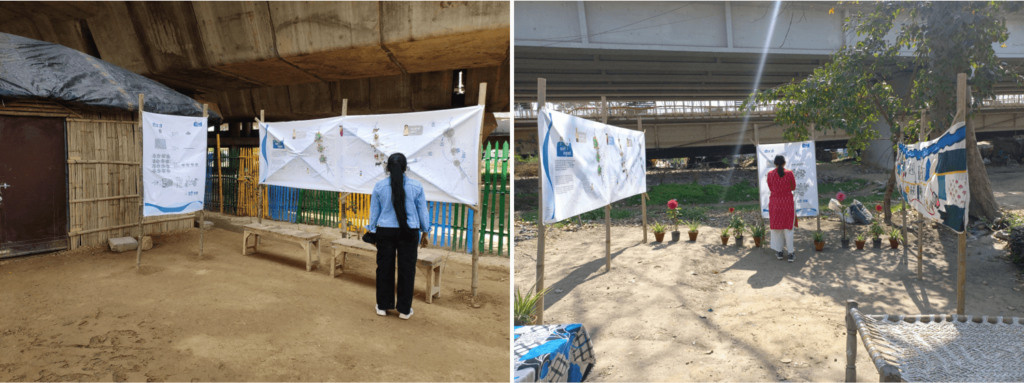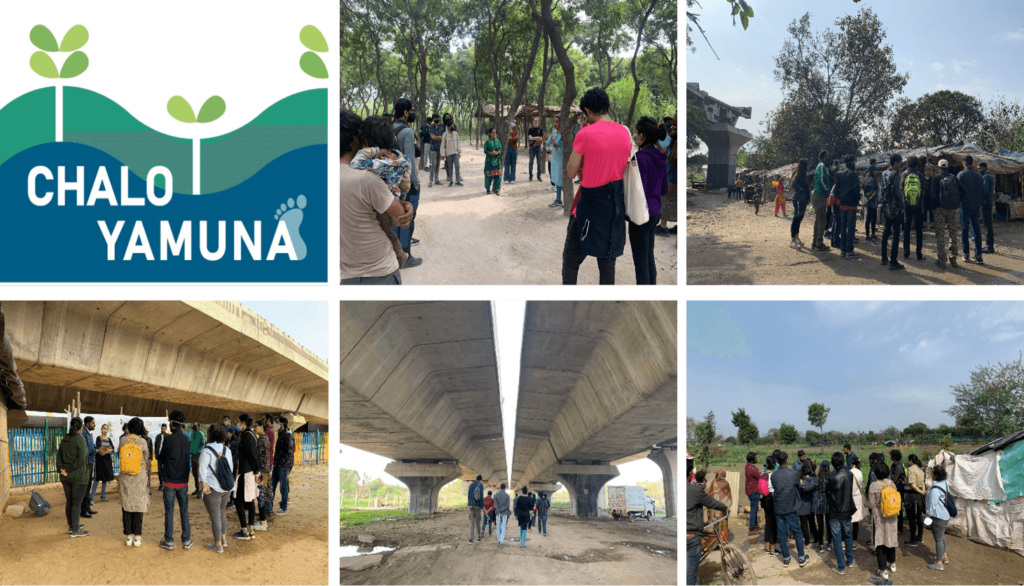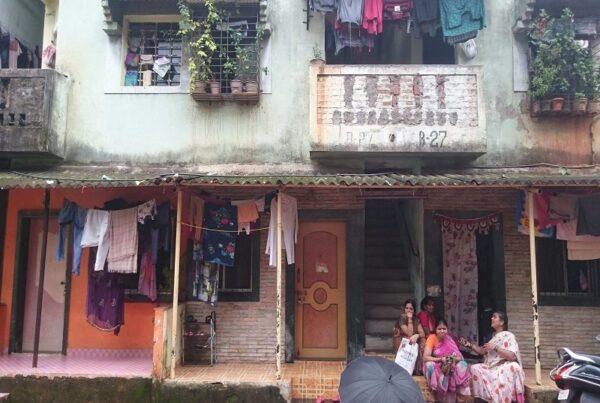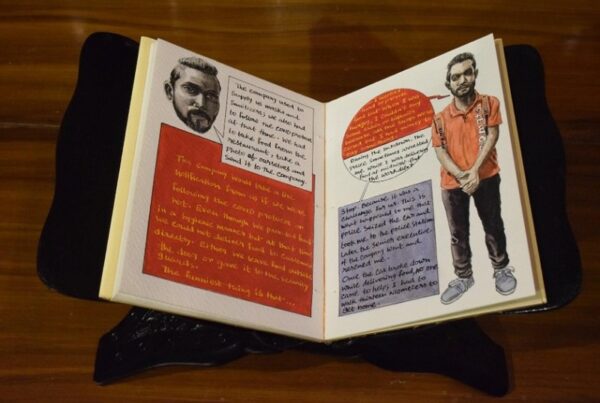Given the context of planning within the national capital city, plans have envisioned “sustainable, liveable and a world class city” excluding its urban informals. The talk concerns itself with the multiple casualties of these developments in Delhi, built up from the contentions surrounding evictions & displacement.
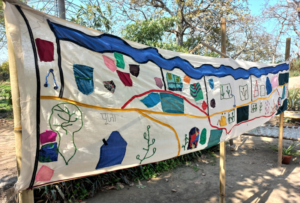 Premised on the key learnings from the ground, the talk discusses two projects- the design of an interactive urban toolkit, Kaun hai Master? Kya hai Plan? and Bottom-up Mapping of the farmers living along the Yamuna in Delhi to illustrate methods and approaches for engaging with planning as an allied practice of politics. These projects enable residents of Delhi to de-construct the technicality of the Master Plan to re-imagine the city’s relationship to its river whilst encouraging them to become a part of the conversation on future plans for the city. By telling these stories, the talk attempts to address the conflicting notions of citizenship, the precarity of livelihood and habitation, and the need to rethink the structures of urban planning and development within Indian cities.
Premised on the key learnings from the ground, the talk discusses two projects- the design of an interactive urban toolkit, Kaun hai Master? Kya hai Plan? and Bottom-up Mapping of the farmers living along the Yamuna in Delhi to illustrate methods and approaches for engaging with planning as an allied practice of politics. These projects enable residents of Delhi to de-construct the technicality of the Master Plan to re-imagine the city’s relationship to its river whilst encouraging them to become a part of the conversation on future plans for the city. By telling these stories, the talk attempts to address the conflicting notions of citizenship, the precarity of livelihood and habitation, and the need to rethink the structures of urban planning and development within Indian cities.
Anushka Shahdadpuri is an architect and urban researcher at Social Design Collaborative. She is also the founder of Aamchi, a mentoring, design and research platform centered around embedding culture and critical thinking within architectural discourse. She has researched and initiated numerous studies in India, USA, Australia, Denmark, tackling social and gender issues. She believes in a multi-disciplinary design approach that is adaptive, inclusive and responsive. Her work takes different forms – writings, drawings, mixed-media, story-telling and pedagogy – involving extensive research on contemporary Indian urbanism.
Nishtha Kashyap is an architect based in Delhi and a graduate from the University School of Architecture and Planning, Delhi. She has been a part of the Social Design Collaborative team for over a year, working on projects that improve the built environment and the lives of marginalized communities in Indian cities. She strongly believes that architecture and architects bear a social responsibility to bring about positive change in the society. Deeply concerned with access to human rights, she is passionate about exploring how architecture can address social and spatial inequalities.
Respondent: Parul Kiri Roy (Architect, Academician, and Co-Director at CASP, New Delhi).
25th March, 2022 | 6.00 pm – 7.30 pm IST on Zoom | Open to all.
Program Highlights

